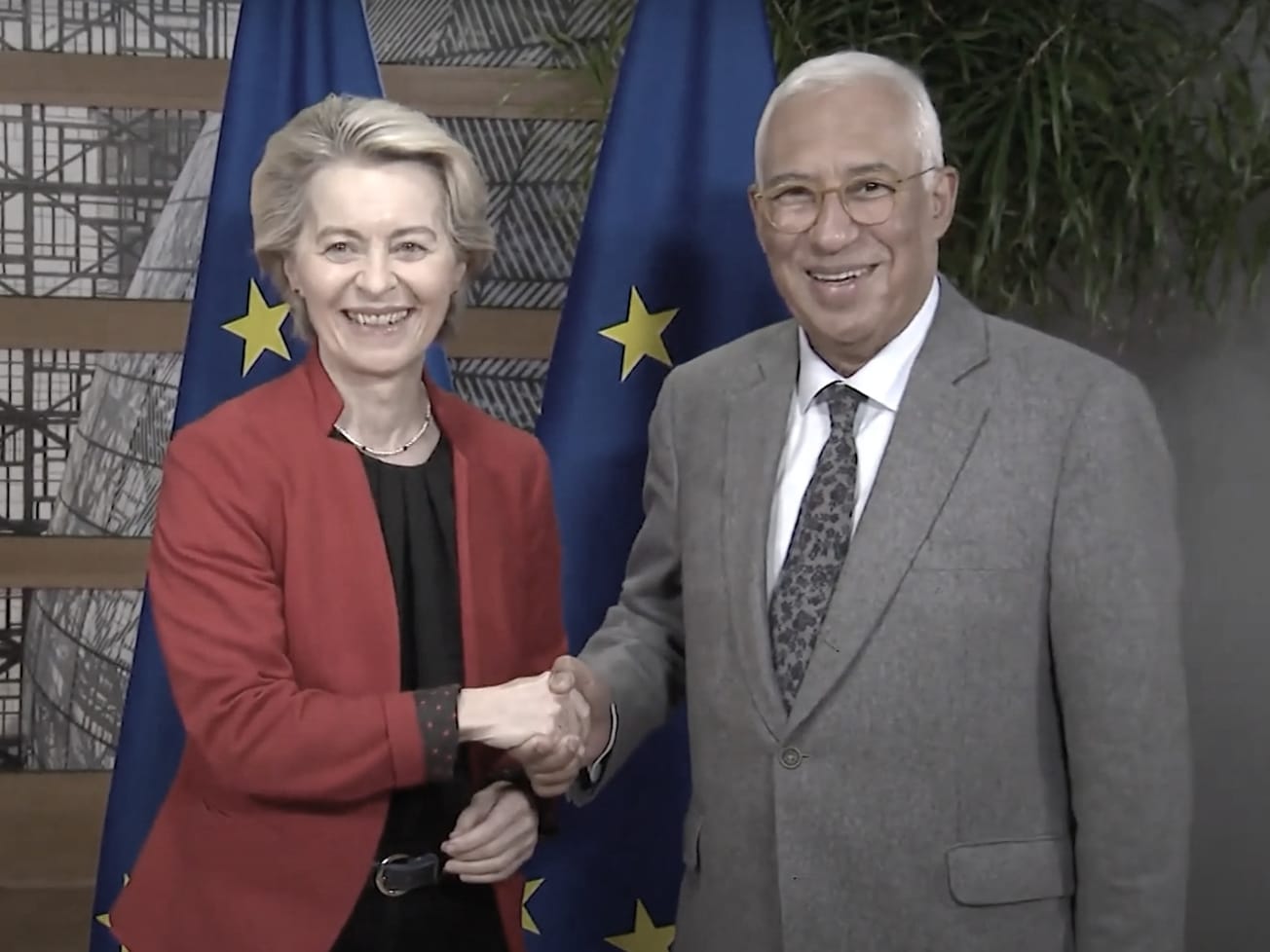UNITED NATIONS (AN) — The U.N. General Assembly voted overwhelmingly to demand that Britain cede to Mauritius an Indian Ocean archipelago where the United States maintains an important military base, in an embarrassing diplomatic defeat for the two Western powers.
The non-binding U.N. resolution on Wednesday called on Britain to return the Chagos Islands, home to the Diego Garcia military facility, within six months. Britain has controlled the region since 1814, detaching the archipelago islands for inclusion in a new British Indian Ocean Territory in 1965.









